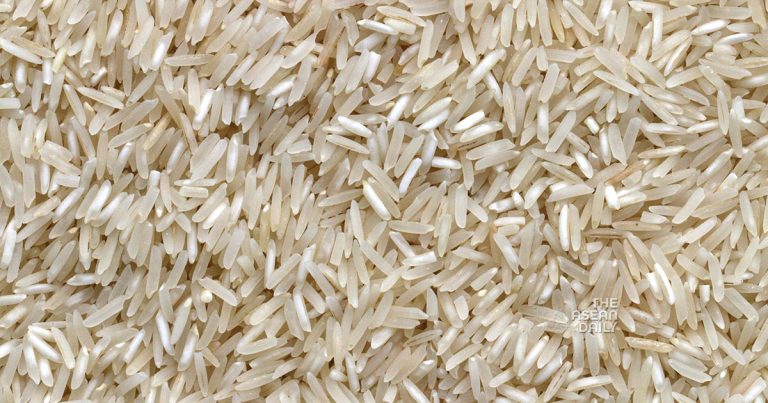15-9-2023 (BANGKOK) Central bankers grappling with inflationary pressures face an additional challenge as rising food prices, especially the cost of rice, a staple in Asia, surge to their highest levels since 2008, warns HSBC Holdings Plc.
HSBC economists, led by Frederic Neumann, underscore the significance of the 2008 Asian food price scare, stating that it still resonates in the collective memory. During that period, escalating rice prices in certain economies quickly spilled over into other markets as both consumers and governments in the region scrambled to secure supplies. This phenomenon also drove up the prices of other essential staples, such as wheat, as buyers shifted to alternatives.
Export prices for rice from Thailand, which serves as a global benchmark, have soared to over US$600 per tonne, marking an almost 50% year-on-year increase. This presents a considerable challenge for policymakers, as unlike commodities like tomatoes and onions, which tend to normalize quickly due to their short harvest cycles, rice prices can remain elevated for an extended period.
The research note highlights that global rice imports as a percentage of consumption have roughly doubled over the past 25 years, with a four-percentage-point increase since the 2008 food price scare. Consequently, any disruption in one economy could have more significant spillover effects into others compared to the past.
Erratic weather patterns, including irregular rains and droughts in various parts of the world, have disrupted crop production, leading to reduced supply and higher costs. To mitigate the impact on local prices, India, the world’s leading rice exporter, has imposed restrictions on overseas shipments, further constraining global rice supplies.
According to Neumann, Malaysia and the Philippines are the two Asian economies most reliant on rice imports, followed by Korea and Taiwan. Other economies, such as Indonesia, are also vulnerable to price fluctuations. In contrast, Hong Kong and Singapore, despite importing all their rice, possess significant purchasing power, enabling them to secure supplies with relative ease.
In light of these developments, Neumann humorously concludes, “Go easy on the curry,” emphasizing the importance of managing food consumption amid rising prices.




